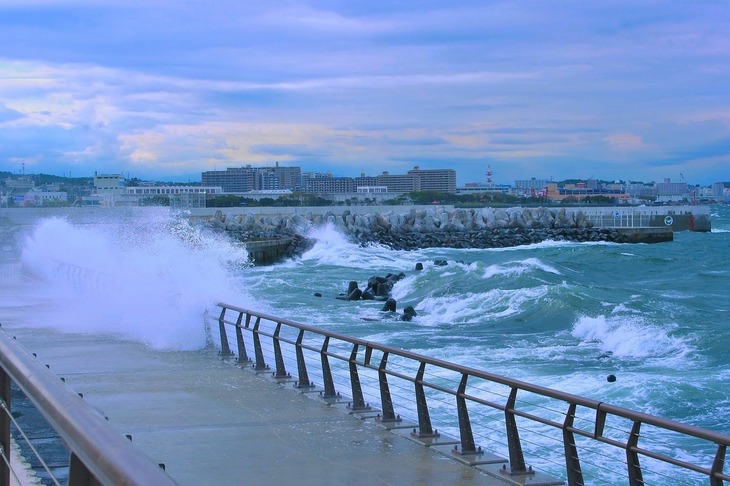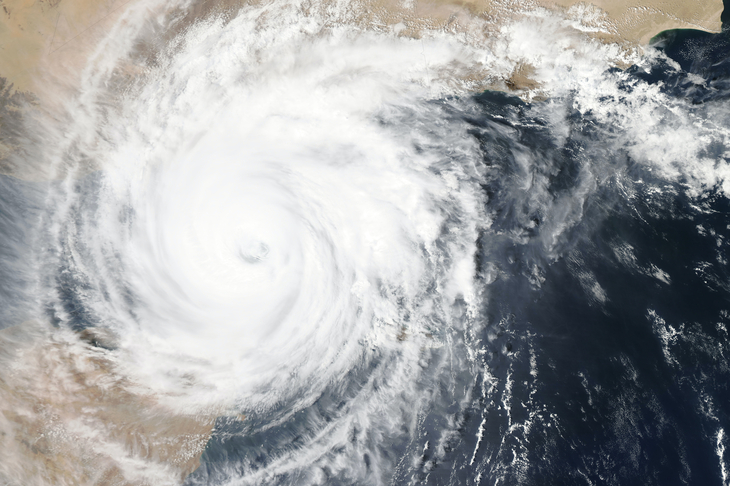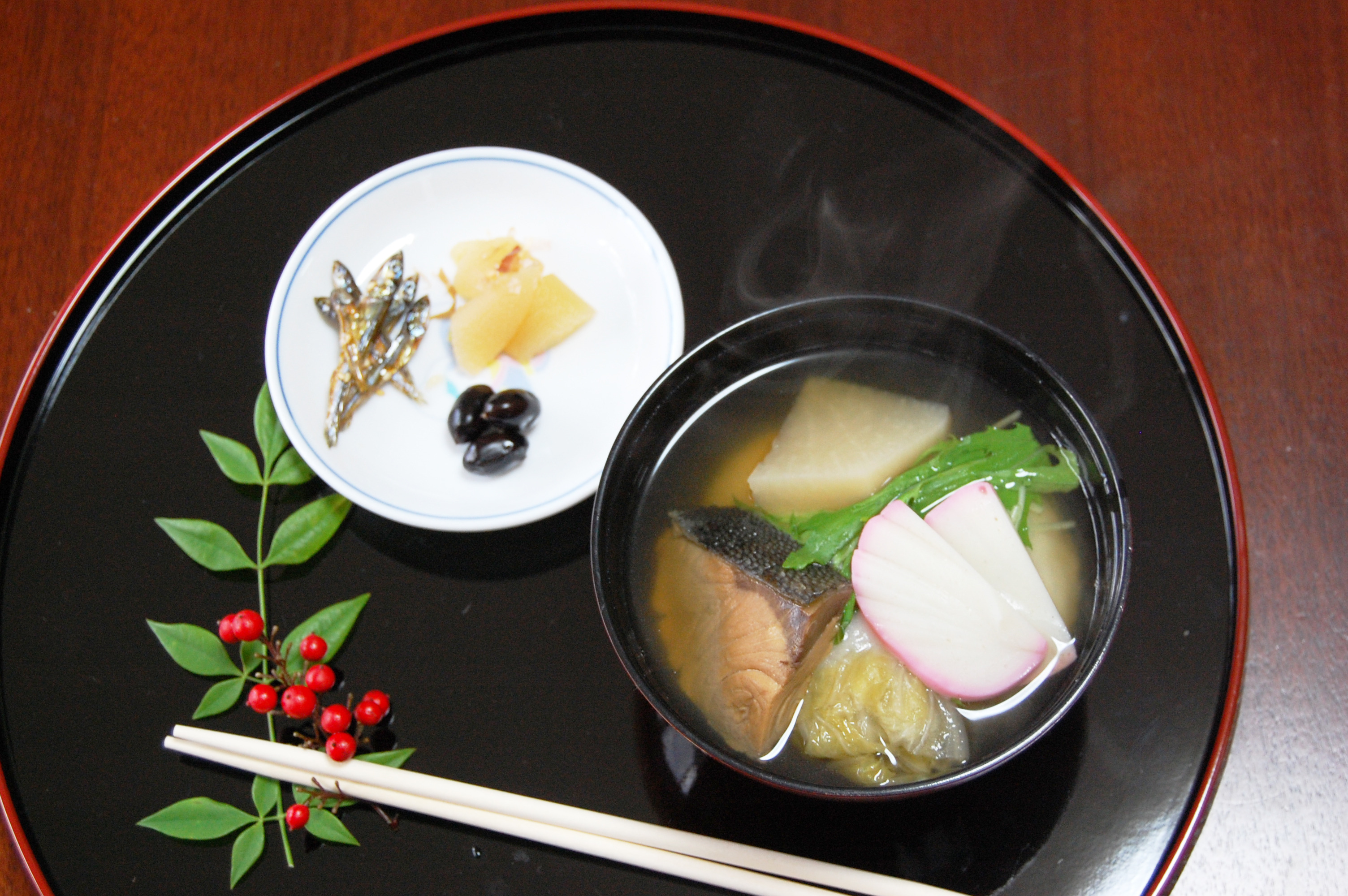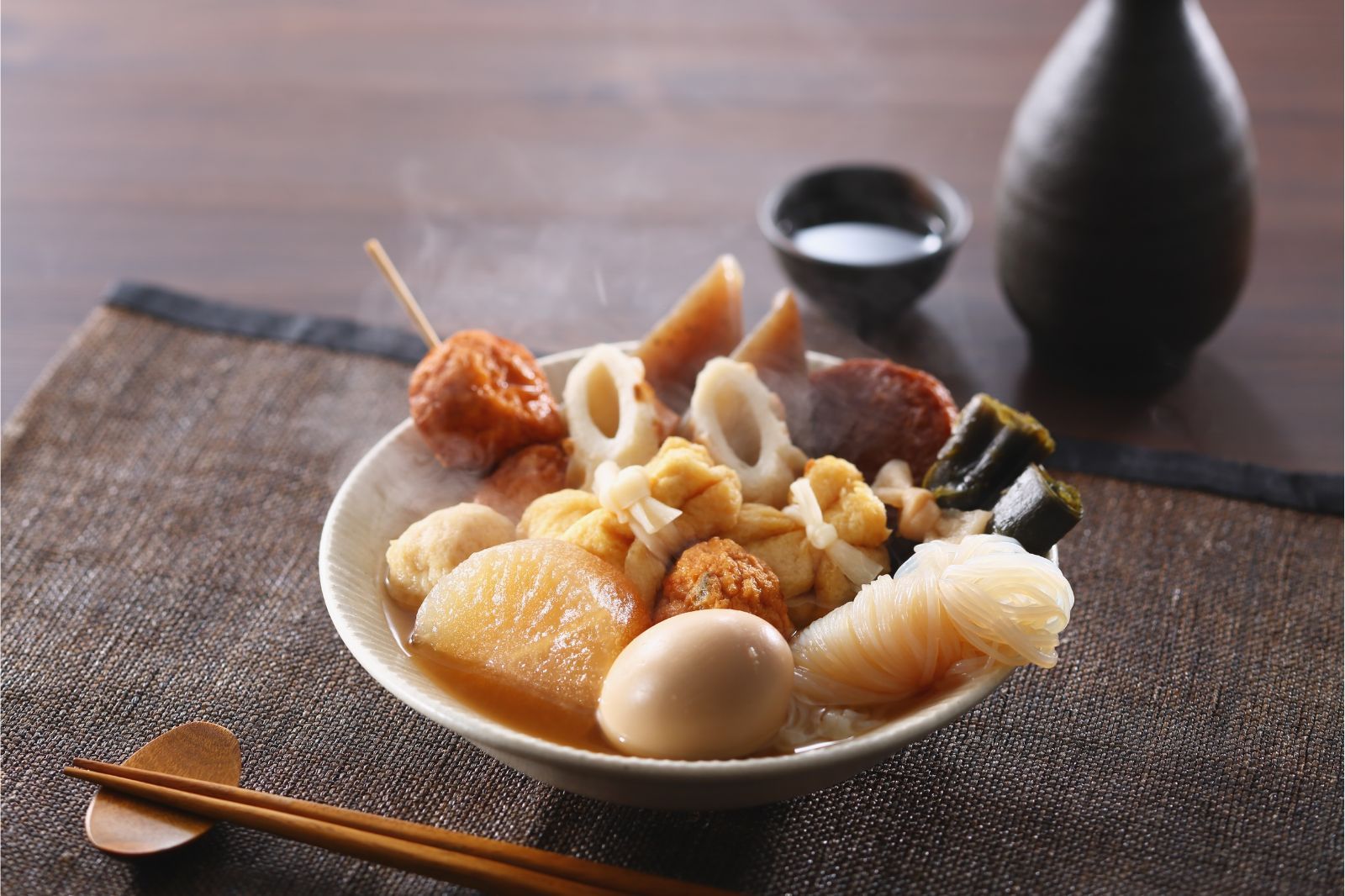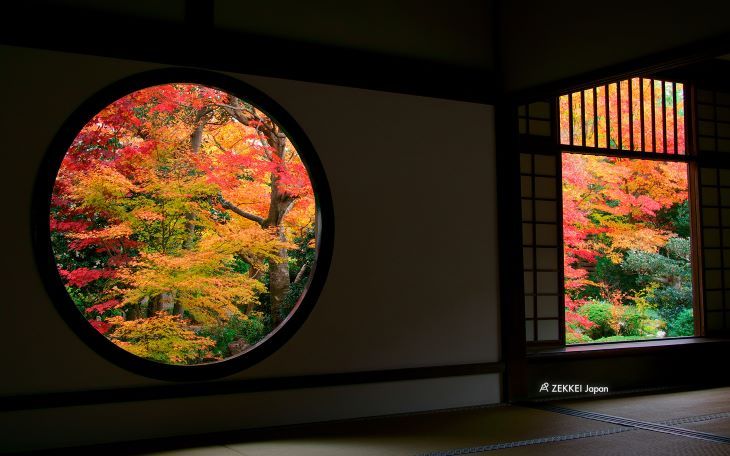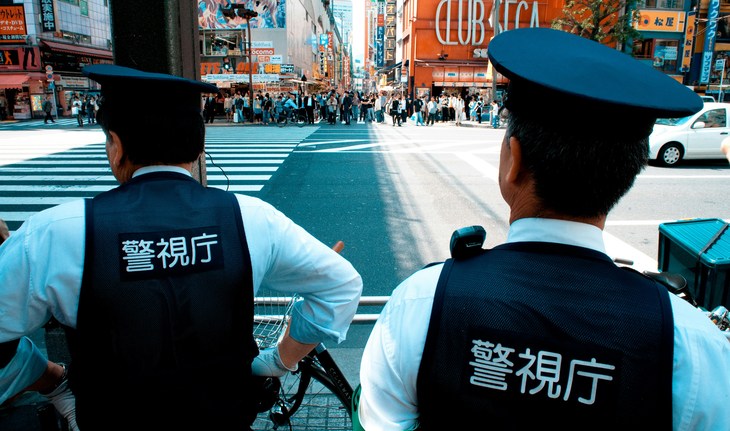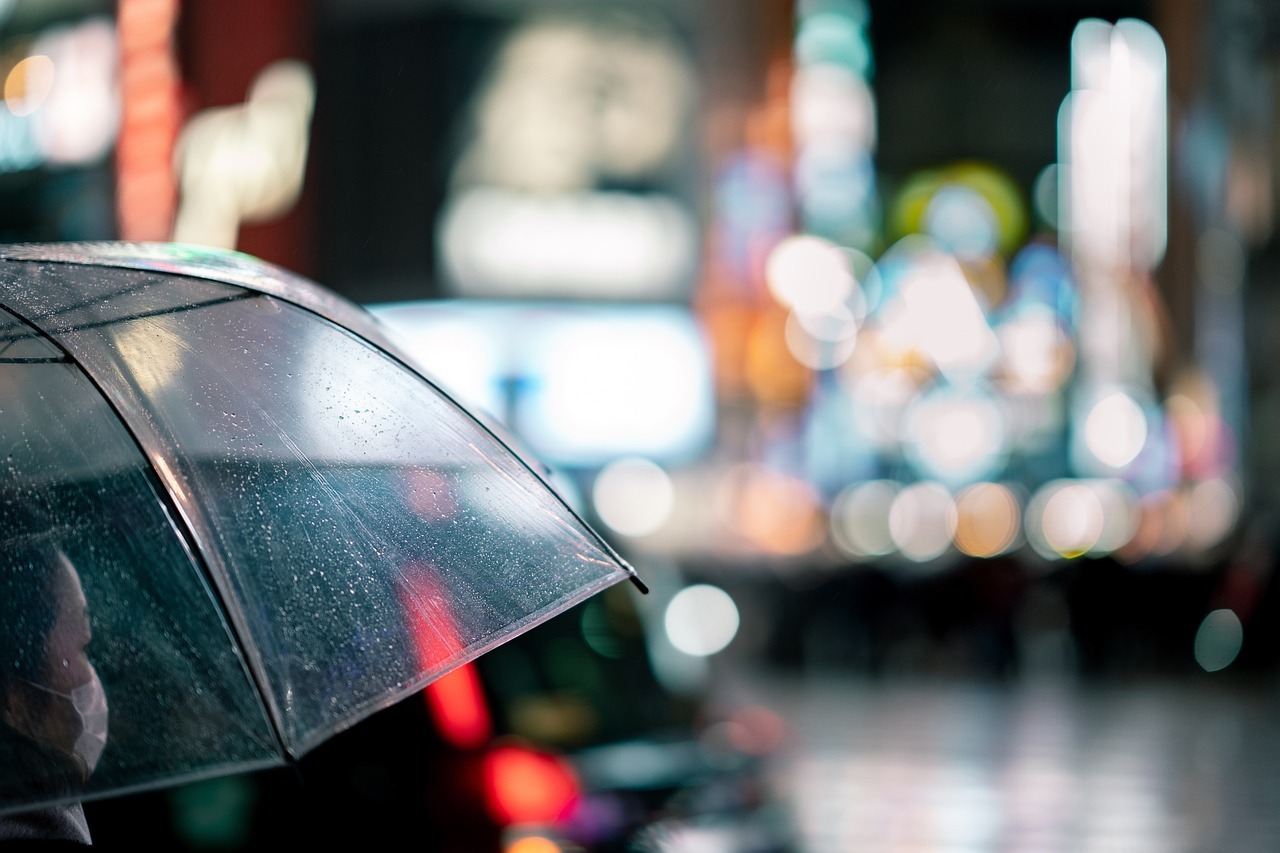Typhoons in Japan: What You Need to Know
While summertime in Japan is full of festivals, fireworks, and fun at the beach, it's also one of the more dangerous times to be in Japan thanks to typhoons. From July to October, peaking in August and September, all of Japan will be periodically hit by typhoons, shutting down most activity and forcing people to stay safe indoors.
If you are living in Japan or planning on visiting in the summer, you need to be prepared for typhoons if you want to be able to safely enjoy your time in Japan. So let's talk about everything that you need to know about typhoons in Japan, what dangers the typhoons can bring, and how to prepare for a typhoon so that you can stay safe when one eventually rolls through the country.
What is a Typhoon?
If you come from a country outside of Asia, you probably haven't heard much about typhoons, though you may be more familiar with them than you think. Typhoons are the same thing as hurricanes: tropical cyclones that form over the oceans before traveling and making landfall. They can cause strong winds, heavy rain, storm surges, and other large-scale weather phenomenon.
The name used to describe this tropical cyclone depends only on location, meaning cyclones that originate in the Atlantic Ocean or Northeast Pacific Ocean are called hurricanes while those that originate in the western Pacific Ocean are called typhoons. If you are from a country like America, where parts of the country have been hit by incredibly strong, deadly hurricanes, then you should already have a sense of why you should be concerned about them. But if you live in a country that isn't prone to typhoons or hurricanes, you likely don't have a real image of the damage these tropical cyclones can do.
In Japan, Okinawa and Kyushu are most often hit by typhoons, but typhoons make landfall all over the country, even as far north as Hokkaido. If a typhoon is imminent, bullet trains and flights may be suspended, delayed, or canceled, and local train lines will also often stop running. Grocery stores and convenience stores will run out of bread and any food that you don't have to cook, and streets will be devoid of people depending on where you are. Typhoons can bring Japan to a standstill, so you need to know as much as you can about them if you are living here or planning on visiting.
Why You Should Be Concerned About Typhoons
While relatively weak typhoons may just make the weather windier and cause some rain to fall, strong typhoons can be incredibly destructive, and people die due to typhoons every year in Japan. To make sure you can be prepared for the effects of a typhoon making landfall in Japan, here are some of the potential effects.
・Strong Winds
Typhoons usually cause very strong winds that can cause damage to buildings and trees due to how fast the typhoons are moving. If you are outside during a strong typhoon the wind can be strong enough to blow you around. Even if you stay indoors during a strong typhoon (which you absolutely should) you may feel your house or apartment shaking depending on the construction quality of the building you are in.
・Heavy Rain
Typhoons can bring heavy rains with them when they make landfall, and the heavy rain can lead to flooding. Rivers are especially prone to flooding during typhoons, but floods are not necessarily limited to them.
・Landslides
Heavy rain can cause landslides or mudslides in mountainous or hilly areas. The landslides can bury or destroy houses, roads, and other infrastructure, essentially cutting off regions from one another. Landslides are one of the most common causes of death stemming from typhoons in Japan.
・Power Outages
Strong winds and flooding can damage power lines and infrastructure, causing power outages that may, depending on the amount of damage, take days to repair. This can make impact communication networks and public transportation networks, which could leave you stranded somewhere or unable to call for help if you need it. It can also mean you may not be able to cook anything for a while, which makes having emergency supplies essential (more on that later).
Useful Information to Help You Stay Safe
In the event of a typhoon, the Japan Meteorological Agency will issue warnings and advisories constantly to keep the public informed the best they can about the current situation and what people should do to stay safe. If you understand these warnings properly and know what to do in the event of these warnings, it can help you keep yourself out of harm's way during a typhoon.
Click here to check out the Japan Meteorological Society website. There are many interactive risk maps and lots of information available on the website, so it is worth checking out and familiarizing yourself with before a natural disaster hits.
・Heavy Rain Warnings/Advisories
These warnings or advisories are sent out to let people know about the possibility of heavy rain and the potential natural disasters that could be caused by that. Since heavy rain is what leads to landslides, floods, and other disasters, it's important to pay attention to these warnings.
・Landslide Warnings
If the risk of a landslide is high due to heavy rainfall, the government will issue this warning to areas that could be hit by landslides. Based on these warnings, local governments may issue evacuation orders that you need to pay attention to and follow.
・River Flood Information
Since one of the most common causes of flooding during a typhoon is rivers overflowing, the government will provide up-to-date information on the risk of river flooding. Like landslide warnings, this information can lead to evacuation orders being issued.
You can track any typhoons coming toward Japan days before they make landfall on the Japan Meteorological Agency website. This is absolutely worth doing when a typhoon is set to hit Japan since it can help you make plans around the typhoon. This is especially important if you are planning to travel during typhoon season.
Check out the typhoon tracker here.
How to Prepare for a Typhoon
While all of this may sound scary, you can mitigate many of the dangers caused by typhoons by being properly prepared. Here are some things you should do to be prepared for if a typhoon hits your area.
・Have an Evacuation Plan
Find out where the nearest evacuation center is near you by checking with your local city hall or the information given to you by your real estate agent when you moved into your home. Knowing where you need to go if an evacuation order is issued, as well as the fastest and safest way to get there, will help you stay safe and calm in the unfortunate event that you need to evacuate.
・Prepare Food and Water!
If there are power outages or public transportation is suspended, it may be impossible to cook food or to go buy food and clean drinking water. You should make sure to have a stockpile in your home, including food that you don't need electricity to cook and won't go bad if the fridge suddenly has no power.
While you may think that you'll be fine if you stock up on food and water the day before a typhoon is coming, tons of other people are also thinking the same way, meaning that grocery stores and convenience stores can be barren by the time you get there. That's why you should always prepare a stockpile of food and water well before a typhoon is about to arrive.
You can include some of this food and water in an emergency kit that includes other important supplies you may need in the event of any natural disaster. For some ideas about what to put into your emergency kit, you can watch this video here.
・Protect your Home!
Before a typhoon hits, it's important to prepare your home as well in order to minimize the potential for damage. Anything you have outside, like laundry hangers, plants, etc. should be brought inside or otherwise secured to make sure they aren't blown away. If you live in a home with more than one floor, you should bring valuable or important items, electronics, and furniture up to the second floor to protect them in the case of your home flooding. You may even want to protect your windows with boards or shutters. Unplugging appliances and electronics you don't need to keep on is also a good idea if you want to avoid anything short-circuiting.
Stay Safe!
While typhoon season can sound scary, being prepared is a huge, important step towards keeping yourself safe in the unfortunate event of a typhoon. As long as you keep yourself informed and are ready for anything, you should be able to stay safe.














